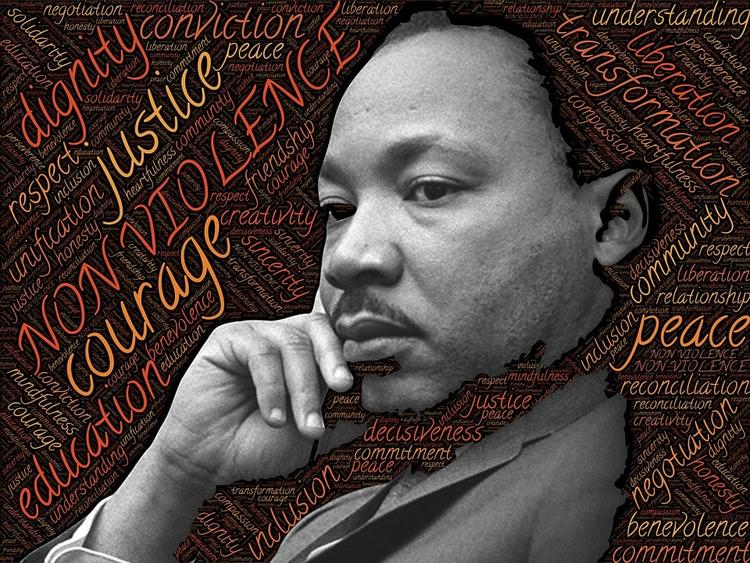By Svante Myrick | –
( Otherwords.org) Every year, the arrival of the Martin Luther King holiday calls us to pause and reflect on Dr. King’s legacy. And every year, I’m struck by the same thing: as sincere as we are in our reverence for Dr. King, we keep learning the wrong lessons not just from his life but from history writ large.
Let me explain.
Dr. King was a giant, but history is also made by ordinary people standing up for what’s right. That takes all of us.
In my life, in our lives as Americans, there are people and stories that inspire us. The stories go something like this: “Abraham Lincoln freed enslaved people,” or “Dr. King gave a wonderful speech and we had civil rights in our nation.”
They are nice stories. But Lincoln didn’t end slavery alone. And Dr. King, throughout his incredible life and career, was supported by the work of thousands of unknown and largely unsung people who made his accomplishments possible.
These people were the women who set up the chairs in the church halls for meetings, the men who drove supporters to events and voters to the polls, and the grandmothers who called friends and neighbors to gather crowds to hear Dr. King’s message. They were the people who risked their lives in marches, faced arrest and abuse by police, and battled segregation in their everyday lives.
By the time Dr. King stood up to speak — and certainly by the time he gave his most famous speech on the National Mall — he stood on the shoulders of thousands of people who worked, organized, and sacrificed.
That makes all the difference in the lesson we should learn from Dr. King’s life and from the lives of other great leaders. Too often, the morals of the stories that elevate one person are this: “We need another hero,” or “If only we had another Dr. King alive today.”
But that is the wrong lesson.
Why? Because then we sit on our hands waiting for that person to come along and work miracles. We elect a president and we say, “We can’t wait to see how he saves us.” In reality, we are all needed to save us. No leader can accomplish great things alone.
There is a debate over this principle in the academic world today, in the pushback against the so-called “Great Man Theory” of history. The Great Man Theory is exactly what it sounds like: attributing all the advances of history to the genius of individuals like George Washington, Abraham Lincoln, or Winston Churchill.
It is how most of us were taught history. The debate and pushback rightly center on questioning a model that overwhelmingly exalts white men while ignoring the contributions of other peoples. But we need to remember that our more recent heroes did not act alone, either.
Every successful person who commits to making life better for people — and for that matter, every destructive person who harms people and communities — does so with the contributions of numerous others. We can see this in our own lives.
In my case, I spent my early childhood in a homeless shelter. Because of the work and dedication of my family, the elected officials who created the Pell Grants that allowed me to go to college, and the donors who believed in me, I was able to grow up, graduate from Cornell University, and be elected to successive terms as mayor of Ithaca, New York.
We are all part of a network of relationships that influences us. We are all connected, indispensable to one another and to each of our individual stories.
Dr. King was a giant who touched the lives of millions. As we honor him, let’s also honor those who traveled with him on his journey. And remember the next chapter in history will be written by, and with, all of us.




 © 2026 All Rights Reserved
© 2026 All Rights Reserved